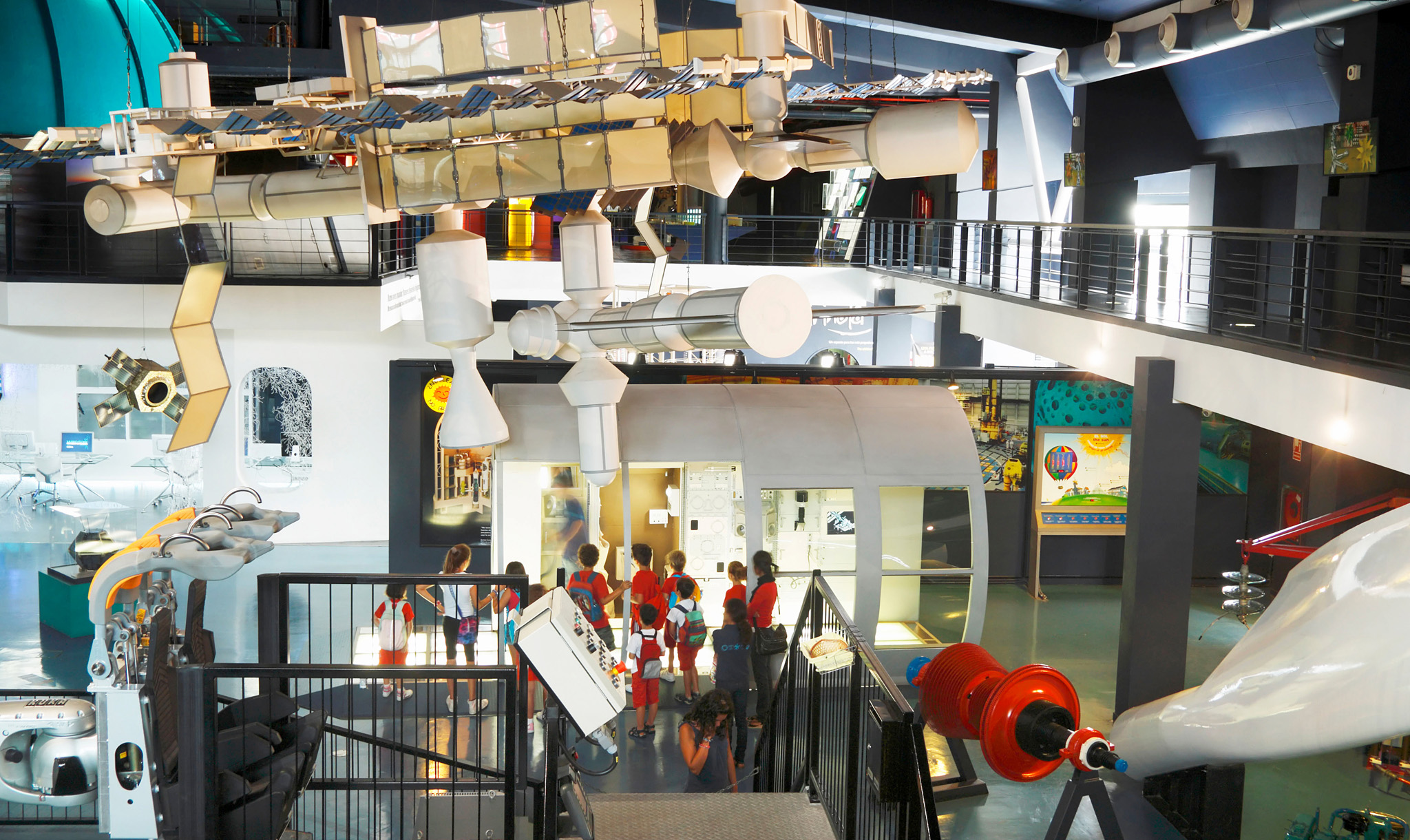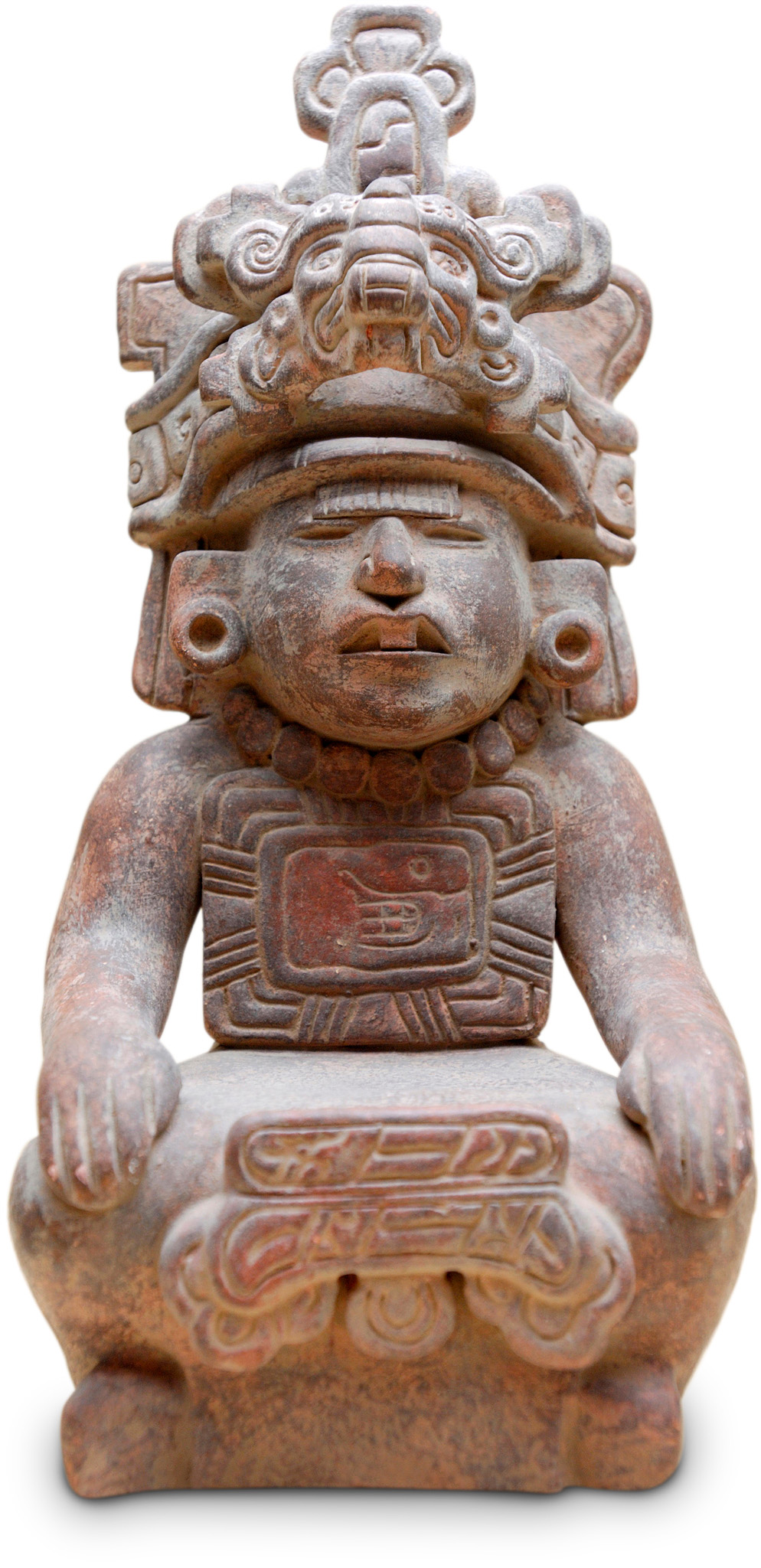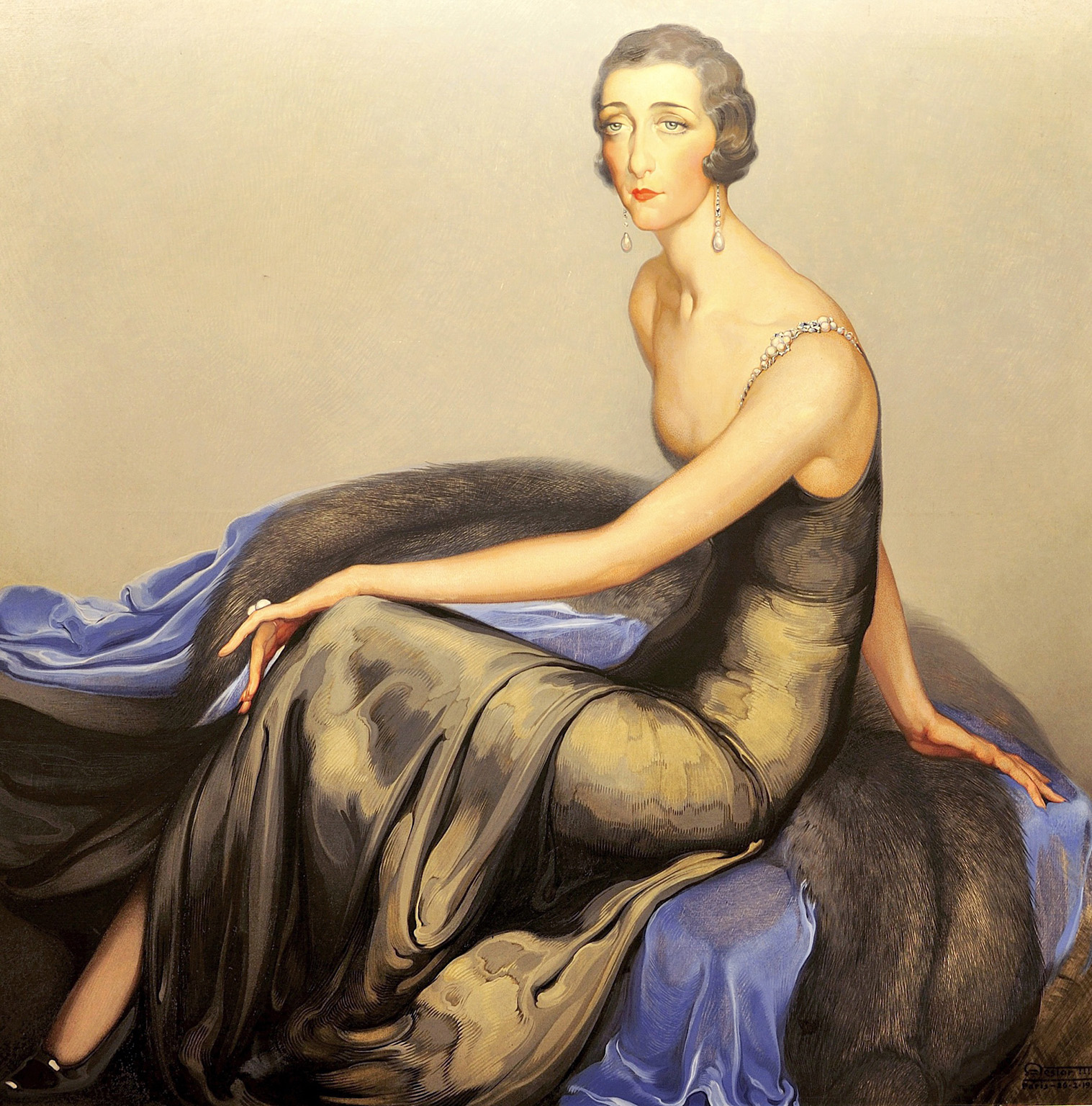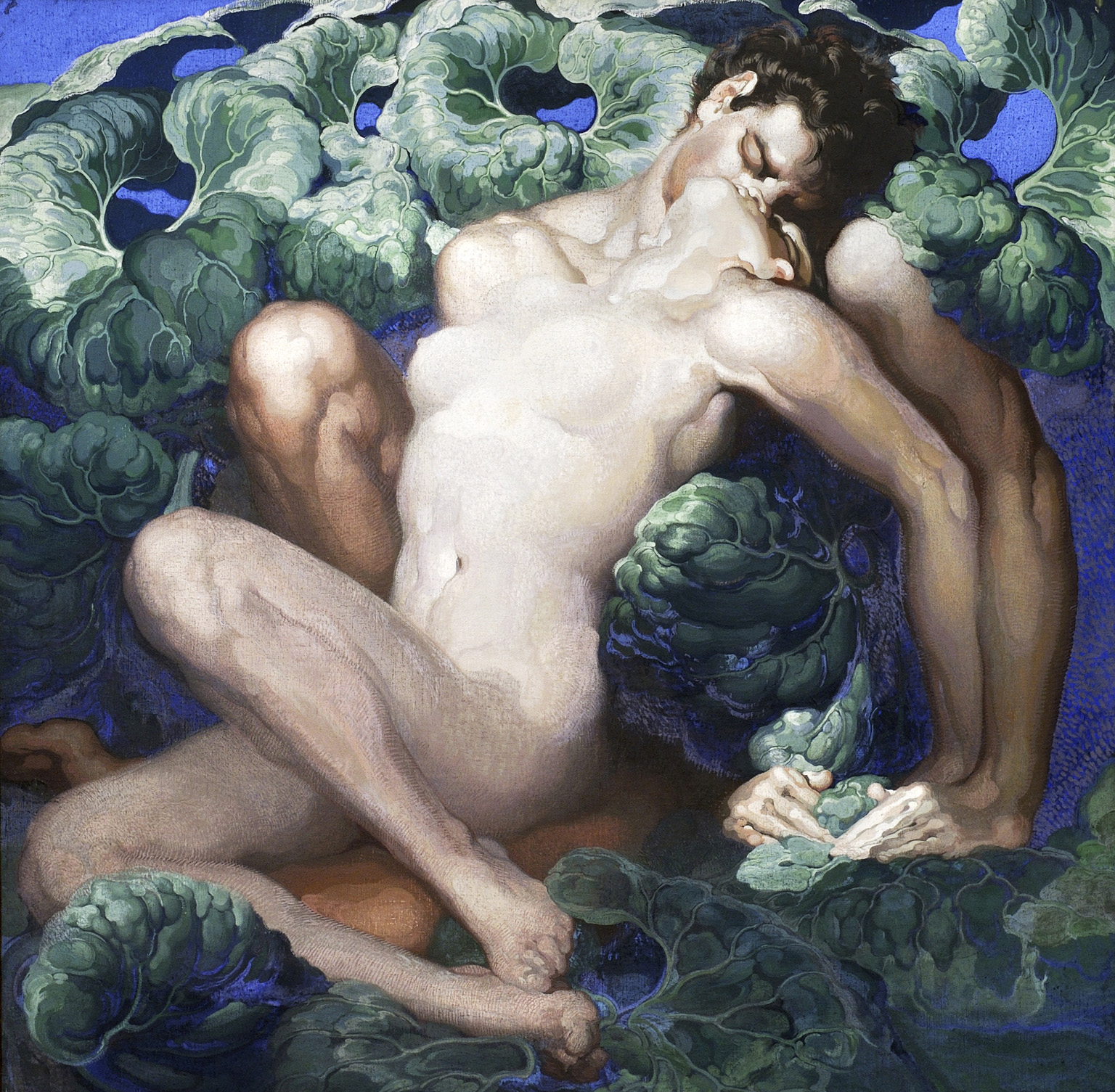MUSEUMS
1. Museo Elder de la Ciencia y la Tecnología, Las Palmas
The capital’s science museum (see Museo Elder de la Ciencia y la Tecnología) offers a perfect blend of education and entertainment, with plenty of interactive exhibits to keep visitors of all ages amused.

Display in Museo Elder de la Ciencia y la Tecnología, Las Palmas
2. Casa de Colón, Las Palmas
Take a fascinating journey through the history of navigation and the discovery of America in the lovely setting of one of the island’s most attractive buildings (see Casa De Colón, Las Palmas).

Exhibit in Casa de Colón, Las Palmas
3. Museo de Guayadeque
Cave living, past and present, gets its own absorbing museum (see Museo de Guayadeque) in a spectacular ravine setting. There are some fascinating archaeological finds on display.
4. Museo de Historia de Agüimes
 C/Juan Alvarado y Saz 42 • 928 78 54 53 • Open 9am–5pm Tue–Sun • Adm • No disabled access
C/Juan Alvarado y Saz 42 • 928 78 54 53 • Open 9am–5pm Tue–Sun • Adm • No disabled access
Inhabited since the time of the Canarii, Agüimes has a full and interesting past that warrants a museum in its honour. Visitors can learn about the area’s many ancient legends and superstitions, a product of its great ethnic mix. Displayed in a handsome 17th-century mansion, the exhibits are well laid out, and information is provided in three languages.
5. Casa-Museo Antonio Padrón, Gáldar
Many of Antonio Padrón’s colourful paintings portray Canarian customs and daily life, though the collection here does include a number of his Expressionist works. The museum (see Casa-Museo Antonio Padrón, Gáldar) is set on the main pedestrianized street in his home town.
6. Casa de los Patronos de la Virgen, Teror
The patrons of Gran Canaria’s most important statue of the Virgin resided for centuries in this sparkling example of Canarian architecture (see Casa de los Patronos de la Virgen). Today it is preserved as a museum, complete with period furniture and paintings.
7. Museo Canario, Las Palmas
A mesmerizing peek into the life of the Canarii, Gran Canaria’s enigmatic pre-Hispanic inhabitants, is provided here (see Museo Canario, Las Palmas). There are some superb exhibits unearthed from around the island.
8. Museo Néstor, Las Palmas
Admire the finest works of Gran Canarian Modernist maestro Néstor Martín Fernández de la Torre in the Pueblo Canario, designed and built in the 1930s by the artist’s brother Miguel. One of the museum’s highlights, the eight-panel Poema del Atlántico is widely considered to be the artist’s finest work, though the sensitivity shown in Poema de la Tierra is also remarkable.

Painting in Museo Néstor, Las Palmas
9. Ecomuseo Casa-Alfar Panchito, La Atalaya
 Camino de la Picota 11 • 928 28 82 70 • Open 10am–2pm daily • Adm
Camino de la Picota 11 • 928 28 82 70 • Open 10am–2pm daily • Adm
Visit the former cave home and workshop of a master of traditional Canarii pottery, and see a side of Canarian life that is all but lost.
10. CAAM, Las Palmas
Set in the historic quarter of Las Palmas is this ultra-modern art gallery, which mounts temporary exhibitions by Spanish, African and Latin-American artists (see CAAM).
TOP 10 MUSEUM EXHIBITS
1. Poema del Atlántico, Museo Néstor
Néstor’s magnum opus shows the ocean at different times of day.
2. Drawing Room, Casa de los Patronos de la Virgen
This room contains some fine antique furniture and portraits.
3. Piedad, Casa Museo Antonio Padrón
Antonio Padrón’s final painting – he died before completing it.
4. Foucault’s Pendulum, Museo Elder de la Ciencia y la Tecnología
Watch this massive pendulum gradually knocking over small posts, proving that the earth rotates.
5. Idolo de Tara, Museo Canario
This terracotta figure, thought to be a fertility symbol, is the island’s largest and most important pre-Hispanic idol.
6. Workshop, Ecomuseo Casa-Alfar Panchito
Gain an insight into Canarii pottery at this ceramics maestro’s workshop.
7. Astrolabe, Casa de Colón
This 15th-century metal navigational device is one of a kind.
8. Watermill, Museo de Guayadeque
An interactive model explains the workings of a watermill.
9. Superstitions and Witchcraft, Museo de Historia de Agüimes
Spinning panels relate the surprising beliefs of early settlers.
10. Poema de la Tierra, Museo Néstor
This reflective work depicts the seasons and the times of day.

Poema de la Tierra, Museo Néstor


